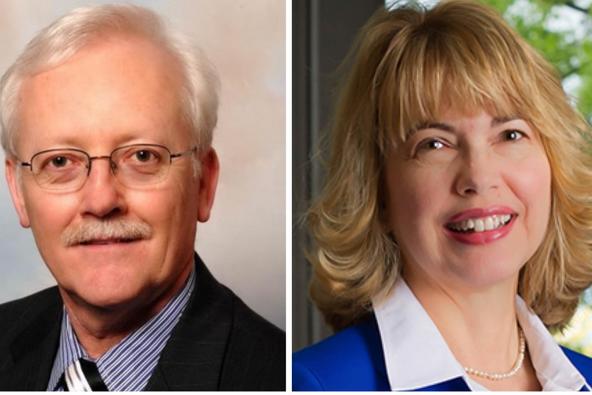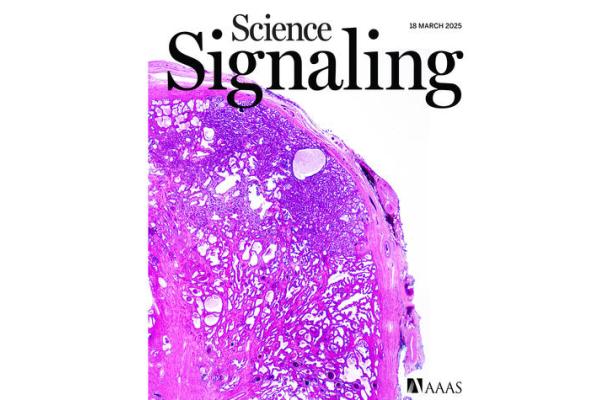UK Researchers Author Book on COVID-19 Pandemic Communication

A new book, “Communicating Science in Times of Crisis: COVID-19 Pandemic,” features research and analysis from University of Kentucky faculty.
H. Dan O’Hair, professor in the College of Communication and Information, and Mary John O’Hair, professor of educational leadership studies in the College of Education, are co-editors of the book, a first volume in a new series about the study of science communication in times of crisis. Both are former deans of their respective colleges.
“The COVID-19 pandemic will be a case study in the communication field for decades to come. While pandemics are part of our world history, the communication methods used this time are unprecedented, as we had never experienced an outbreak of this scale in the age of digital and social media,” said Dan O’Hair.
In all, 43 authors from across the U.S. contributed to the text.
“As the pandemic began to play out, we saw a need to bring together a group of researchers and professionals who could, in real-time, examine the ways health and science information reached the public and how it was received. Those who contributed to this book represent a wide variety of backgrounds and perspectives, coalescing around one central topic. It shows the broad scope of challenges, but also offers reassurance that analysis and action will be taking place for years to come, from a variety of professionals seeking to help improve the future,” said Mary John O’Hair.
In addition to co-editors Dan O’Hair and Mary John O’Hair, contributors from UK include:
-
Justin M. Bathon and Lu S. Young, College of Education Department of Educational Leadership Studies;
-
Michael T. Childress and Michael W. Clark, Gatton College of Business and Economics Center for Business and Economic Research;
-
Erin B. Hester, Bobi Ivanov, and Kimberly A. Parker, College of Communication and Information Department of Integrated Strategic Communication;
-
Kevin Real, College of Communication and Information Department of Communication; and
-
Alyssa Clements-Hickman and Jade Hollan, both graduate students in the College of Education Department of Educational, School and Counseling Psychology (in a chapter co-authored with former College of Education faculty member Robert J. Reese of Auburn University).
Book chapters include:
-
Managing Science Communication in a Pandemic
-
Comprehending Covidiocy Communication: Dismisinformation, Conspiracy Theory, and Fake News
-
Equally Unpleasant Choices: Observations on School Leadership in a Time of Crisis
-
The Use of Telehealth in Behavioral Health and Educational Contexts During COVID-19 and Beyond
-
How Existential Anxiety Shapes Communication in Coping with the Coronavirus Pandemic: A Terror Management Theory Perspective
-
Communication and COVID-19: Challenges in Evidence-based Healthcare Design
-
Identity and Information Overload: Examining the Impact of Health Messaging in Times of Crisis
-
Overcoming Obstacles to Collective Action by Communicating Compassion in Science
-
Communicating the Science of COVID-19 to Children: Meet the Helpers
-
Science Communication and Inoculation: Mitigating the Effects of the Coronavirus Outbreak
-
Communicating with Policymakers in a Pandemic
-
Controlling the Narrative: Mixed Messages and Presidential Credibility
-
Communicating Death and Dying in the COVID-19 Pandemic
-
Perspective Change in a Time of Crisis: The Emotion and Critical Reflection Model
-
Social Media Surveillance and (Dis)Misinformation in the COVID-19 Pandemic
-
Advancing Models of Information and Media Toward a New Model of Public Relations Crisis and Risk Communication Following Pandemics
The second book in the series will be published in the spring of 2022 and will focus on catastrophic events.
Credits
Amanda Nelson (College of Education)

